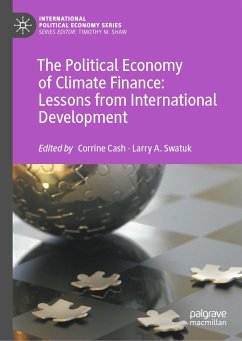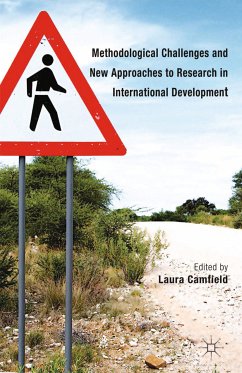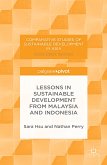This project breaks disciplinary silos by bringing those who work in climate finance and policy together with development scholars and practitioners to share lessons, understanding, and research with an overall goal of making a contribution to the climate change field so that those at the community level benefit from the multitude of programmes designed for climate impacts. For some 70 years, International Development specialists have been developing programs and delivering funds to those who most need assistance. There is a wealth of knowledge to be uncovered by examining the international development industry for those who are now tasked with delivering climate finance. The academic, policy, and practitioner communities have spent decades researching, examining, and analyzing both development policies and finance independent of each. This volume will seek to bring that research together.
Corrine Cash is Assistant Professor in Geography and Environment at Mount Allison University, Canada.
Larry Swatuk is Professor in the School of Environment, Enterprise and Development, University of Waterloo, Canada.
Dieser Download kann aus rechtlichen Gründen nur mit Rechnungsadresse in A, B, BG, CY, CZ, D, DK, EW, E, FIN, F, GR, HR, H, IRL, I, LT, L, LR, M, NL, PL, P, R, S, SLO, SK ausgeliefert werden.









